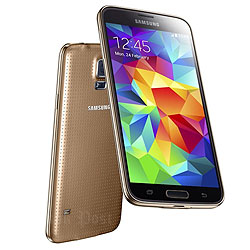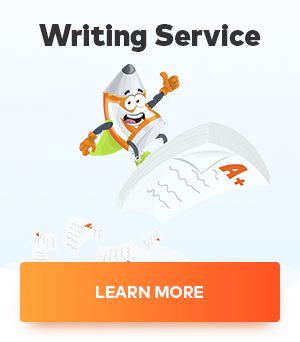
It is that time of year where I look back and see how many of the predictions I made at the start of the year happened.
The Samsung Galaxy S5 was a hit but not as big as the S4 was when it came out. Contrary to my expectations, Apple still sits at second place in smartphone sales for 2014. The iPhone 6 did a lot better than I expected, proving that there are still enough hard-core Apple buyers to make a difference. Both Apple and Samsung were being challenged from below by the top of the Chinese manufacturers. We did not see any "wow-factor" Apple-style devices this year.
The 512GB thumb drive (last year I mistakenly wrote 512MB) did not make it into the sweet spot this year with the 64GB still holding that position. 4TB hard drives did get close to 5,000 baht as the base price but while the 6TB drives did make an appearance this year they did not reach the sweet spot for pricing.
A number of new cameras came out with no significant advances made, though the smaller video cameras have done quite well. I ended up picking up the Nikon D5300 for myself and was very happy with the lighter, smaller format. I had hoped to see colour E Ink this year but I did express some doubt. So far there are no colour E Ink devices such as tablets or e-book readers and some e-book manufacturers have dropped out of the market altogether in the face of good tablet sales. There was, however, a new E Ink based phone from the Russians. As expected, tablet sales have started to slow as the market has become saturated. Bookstores continue to face problems with the expansion of the electronic versions of books.
Windows 7 continues to dominate and XP lasted until almost the end of the year in second place, finally succumbing to Windows 8 in late November. Also as predicted the smartwatch and Google Glass did not do very well this year. The exceptions might be the FitBit-like devices that track exercise, sleep patterns etc. They are not watches but are certainly a wrist-based range of devices.
The world certainly moved more solidly into personal devices mode this year with smartphones replacing music players and even basic wristwatches. Also as expected printing technology did almost nothing new this year. While 3D printers did come down in price, I don't know anyone who has bought one yet so they are still in the organisation and novelty category.
There were no real breakthroughs in battery technology this year but CPUs did get more efficient and multi-cores continued to shine. There has been a lot of focus on console games software but some of it has been from those not liking any violence in games, though every year the quality of the graphics improves.

What did dominate world news this year was the number of hacks that occurred all around the globe. Companies, organisations, government agencies and individuals all fell to malware attacks that collected data ranging from names and addresses to full financial details and private photos. Giants like Sony were hit more than once indicating that not all organisational computing teams are fully ready to handle this kind of activity.
Also this year anti-piracy advocates took down EZTV and Pirate Bay. Both of these torrent sites were back in some form or at least feeding info to other sites within a day. The best way to attack these sites is to provide reasonably priced products that are easy to get for everyone. Instead we have a world that, while fully connected for the most part, is divided up into arbitrary economic zones with different pricing, access levels and is in some cases blocked altogether. This has had the roll-on effect of increasing sign-ups to VPN services allowing such restrictions and tracking to be bypassed.
The other thing that people are starting to come to grips with this year is the staggering amount of data that government agencies and organisations like Yahoo and Google are collecting on everyone on a minute-to-minute basis. Every online action, every place people go, every request, purchase, search or expression of interest is collected, collated, analysed and used to tailor searches, target advertising, navigation and your complete connected experience. It is also becoming more difficult to avoid as more and more information is required to use even basic services.
James Hein is an IT professional of over 30 years' standing. You can contact him at [email protected].
comments powered by Disqus

